Last Updated on January 23, 2024
Ah, yes, the 3 year age old question. Is zero waste more expensive? I went over this briefly in this post where I busted zero waste myths.
But, I decided it was time for a more in depth look at this very pressing question with a few of my calculations down at the bottom.
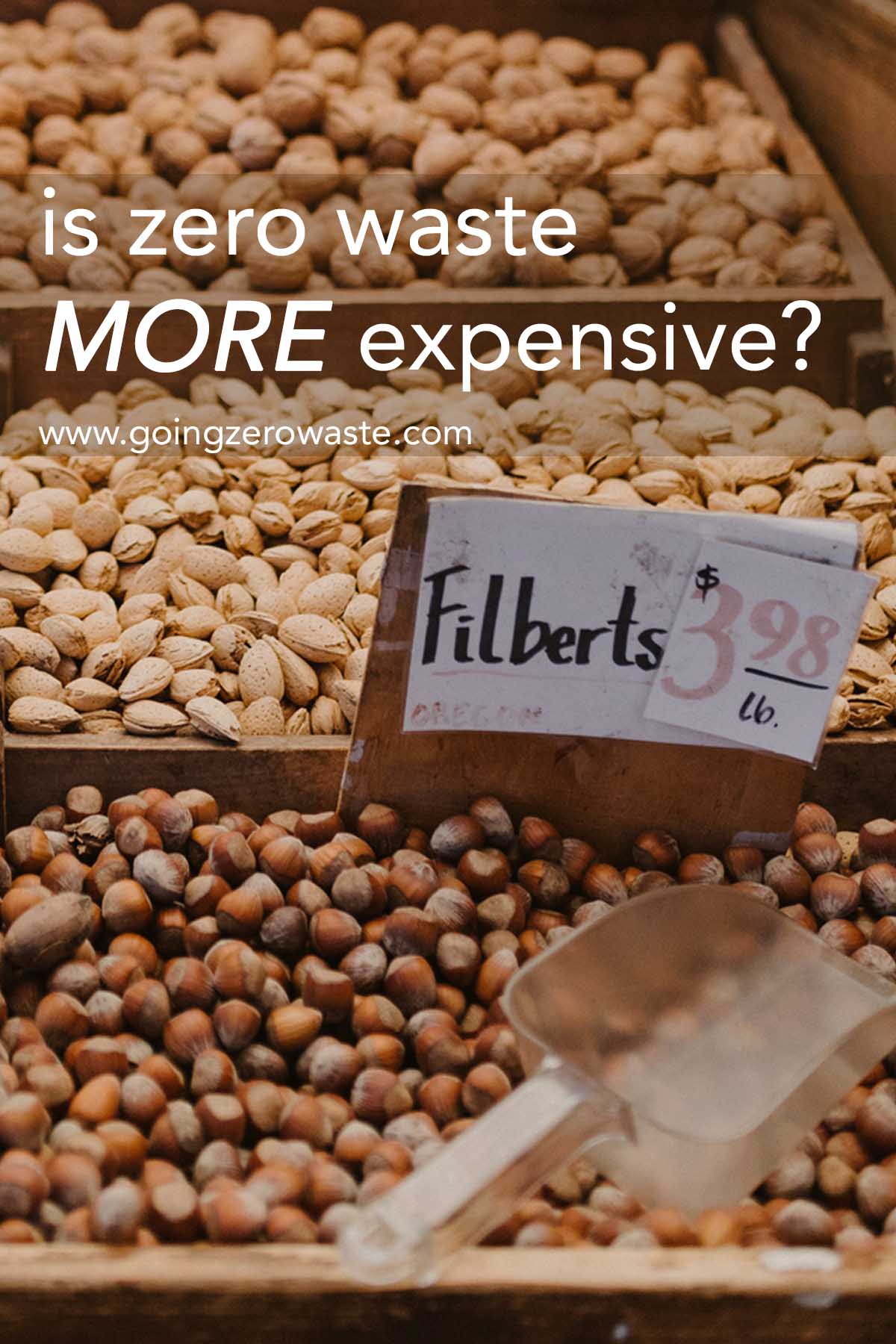
Some of the links in this post are affiliate links for more information please see my disclosure policy.
Table of Contents
the short of it:
Well, like most things it life… it depends. It really depends on how you were consuming products before you decided to reduce your waste.
Have you been living a frugal lifestyle?
Do you currently eat minimally processed foods that focus on plant-based ingredients? Do you have control over your shopping habits?
If you answered, yes to any or all of those questions then you might not see a substantial amount of savings, but I think that you’ll find you’ll maintain your spending.
You definitely shouldn’t expect to see a huge uptick in your spending, that’s for sure!
it’s depression era living.
Zero waste living isn’t anything new or fancy. In fact, it’s pretty old school.
Like hundreds of generations of normal living up until the 50s. It’s depression era living founded on one simple principle WASTE. NOTHING.
We just create a lot of waste these days because we buy a lot of stuff.
A lot of stuff that we don’t really need, use, or even want!
I would say zero waste living and minimalism have a lot in common because it’s about examining what you truly need.
It just in the zero waste community, we found taking out the trash to be completely unnecessary. I jest, I jest.
But, really if you’re buying MORE things, you’re probably doing zero waste wrong.
My first tip in my Beginner’s Guide to Going Zero Waste is simply Buy Less.
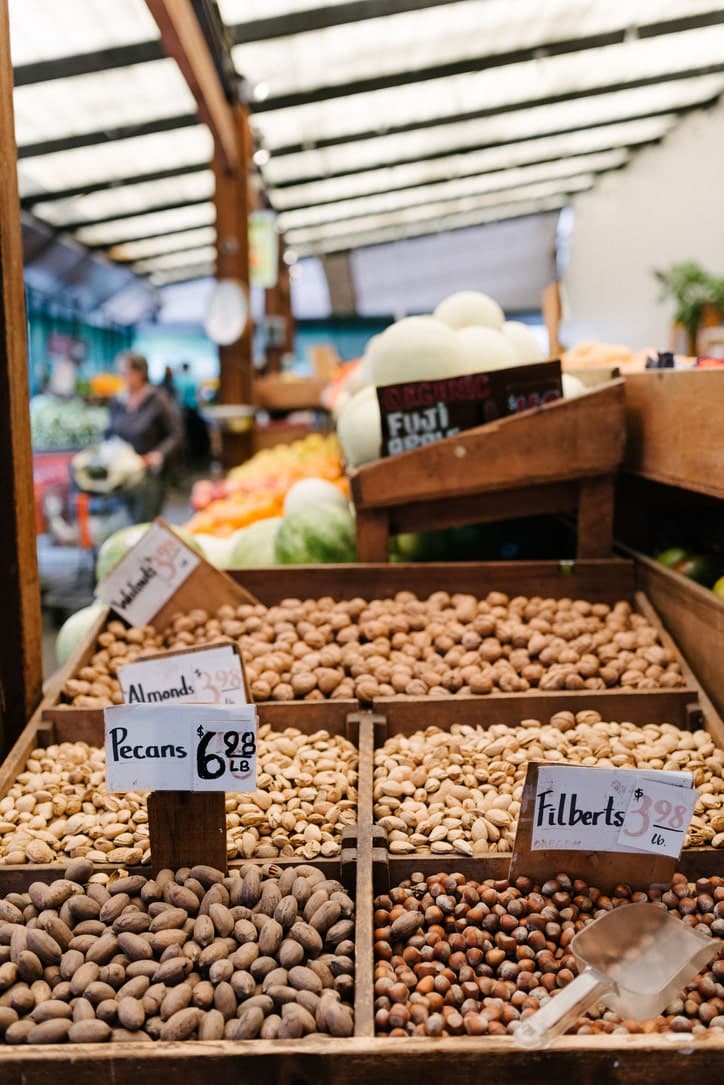
it’s about buying less:
It’s about using what you already have and using it to it’s full potential. Check out my post What to do with old plastic when going zero waste.
I’m not saying you won’t buy things, I still buy things that I want and need but I’m so much more conscious about what I’m buying and why I’m buying it.
Every purchase goes through a strict vetting process. You can read more in my post 6 Tips for Buying Less.
what about buying reusables?
Yeah, some resuables are going to be an upfront investment like a bidet attachment, a nice safety razor, reusable bags that you really love, maybe a nice sturdy insulated water bottle, a slew of mason jars, and maybe a tiffin or two.
I think you’ll find once you have those basics, and I mean really stick with the basics, you don’t need much more.
Also, you can probably find a few of these things at the thrift store.
I found all of my mason jars which I also use as drinking glasses at the thrift store. I found two klean kanteen’s at the thrift store too!
And, all of these items will save you SO MUCH in the long run.
So, yes, your spending might peak a little bit at the beginning of your zero waste journey, but I wouldn’t expect it to maintain that way.
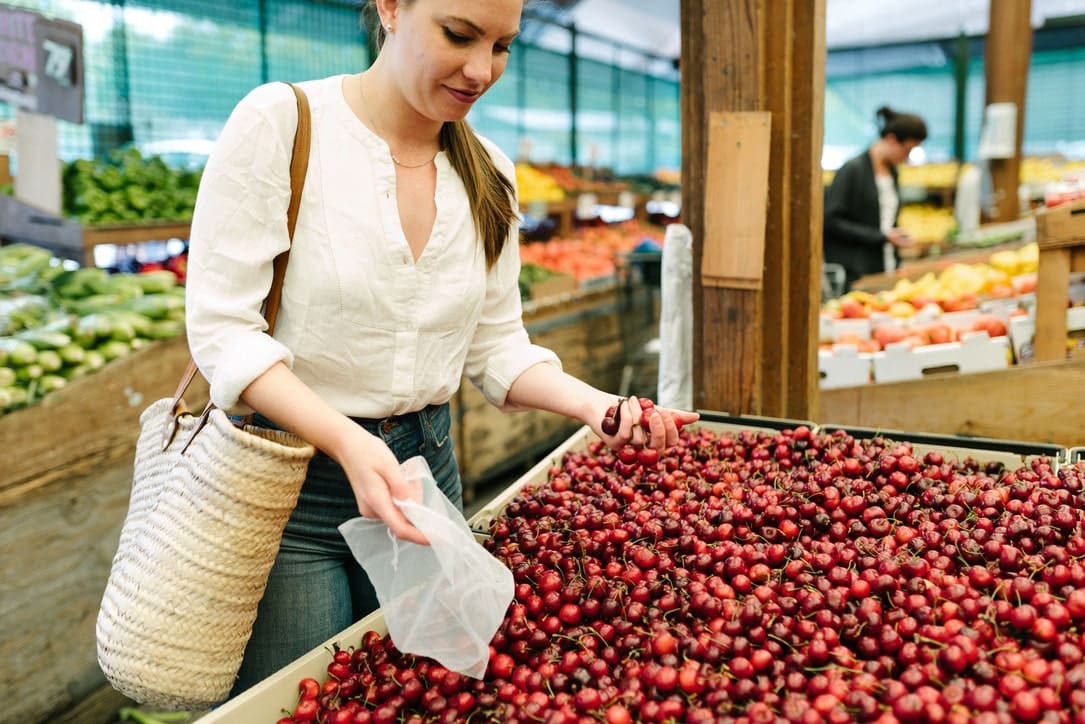
what about eco-friendly products?
Eco-friendly, sustainable products are probably going to cost more.
I mean a shirt made from plastic, sewn by slave labor is of course going to cost less than a shirt made from sustainable textiles that are traceable where everyone was paid a living wage.
It makes sense that well-made, ethical things are going to cost more because manufacturers aren’t cutting corners.
And, I understand that not everyone can afford to make a sustainable purchase every time, but it’s important to frame our mindsets.
The question shouldn’t be “Why is doing good so expensive?” it should be “Why is being bad so cheap?”
So, yes, somethings are going to cost a little more, but even buying more expensive, eco-friendly items like Zero Waste Makeup, I’m saving in the long run because overall I’m buying less than I used to.
And, it’s not like I’m going through makeup at a slower pace, it’s just that I’m not running out to buy different colors, try new things, and just buy to buy. I stick to buying only what I know, love, and use.
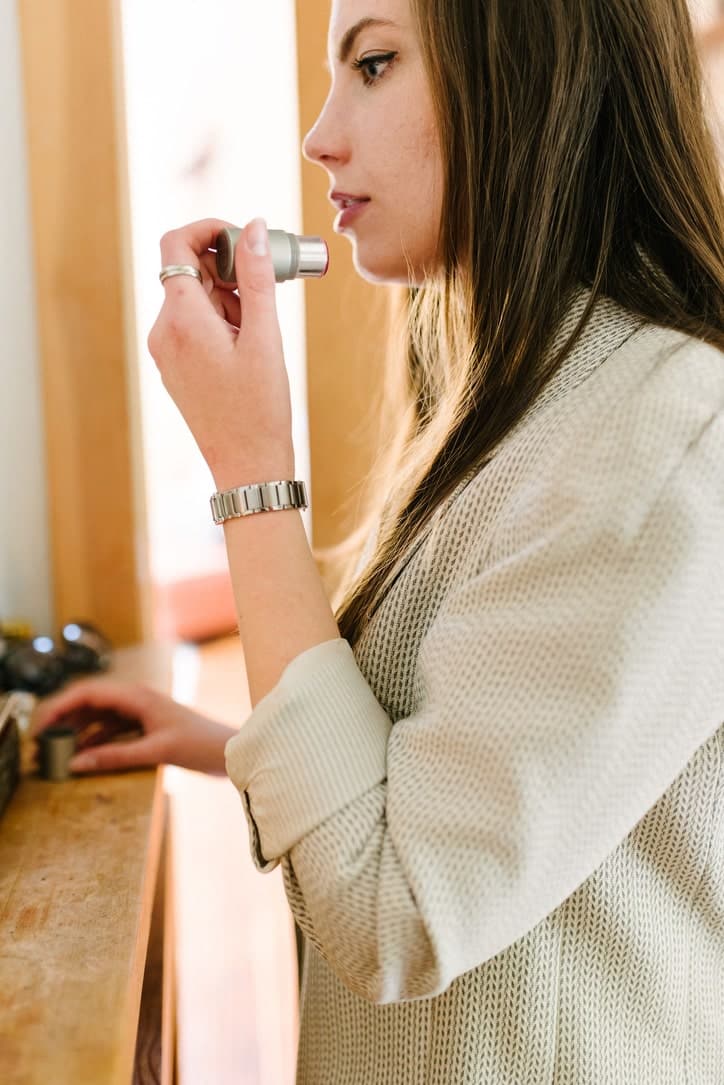
some real life calculations:
So, this is anecdotal evidence I’ve gathered along the way and is by no means an accurate reflection of everywhere in the country but here in Northern California, this is what I’ve found.
-
Farmers Market Organic Artichokes $1 per piece – Same farm, same thing at Raley’s $2 per piece
-
Farmers Market Organic Romaine $2 per head – Organic Romaine at Raleys $3.27
-
Rainbow Grocery Biokleen 5lb Laundry Detergent in box $15.75 (THAT’S INSANE!) – Rainbow Grocery Biokleen Laundry Detergent from bulk bins $1.85 a lb or $9.25 for 5lbs
-
Organic Pinto Beans in a plastic bag $2.38 – Organic Pinto Beans $1.99
-
Organic Yellow Popcorn in plastic $3.49 – Organic Yellow Popcorn $1.99
-
20ct of paper towels $19.89 (lasts two months) – A dozen bar rags $15.99 (Lasts for five years)
As you can see the savings really do add up.
I’m not saying zero waste is always going to be cheaper but I’ve found that 97% of the time the zero waste option saves money.
I think I should do a post on cost comparisons.
Are there any products that you’d like to see specifically included?

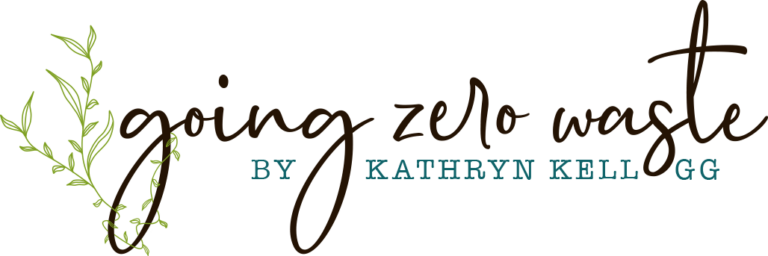
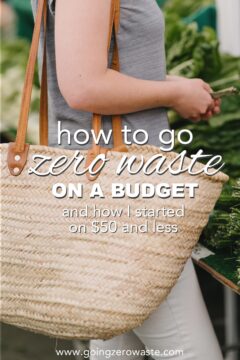
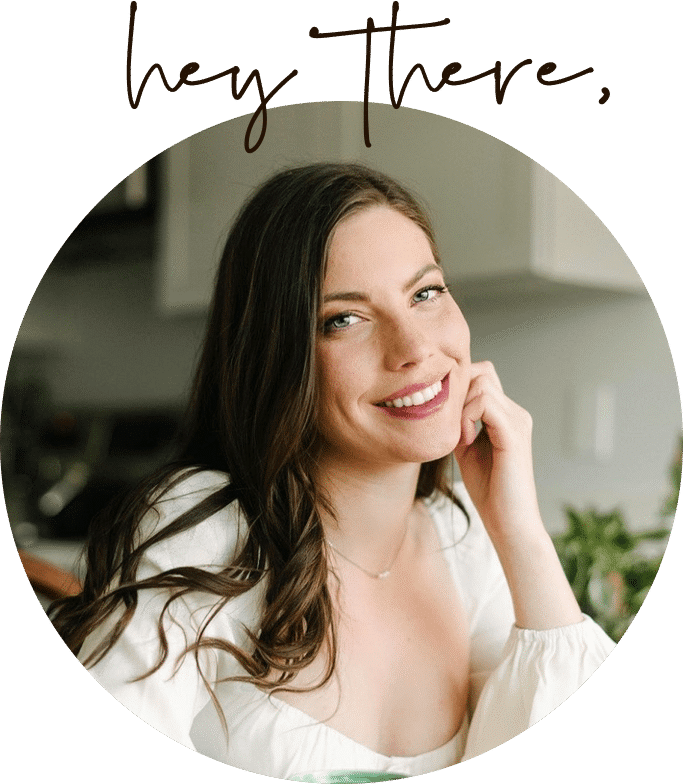




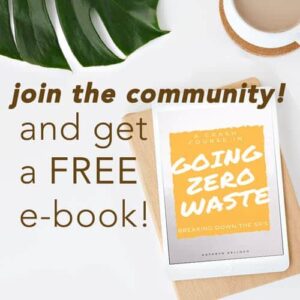

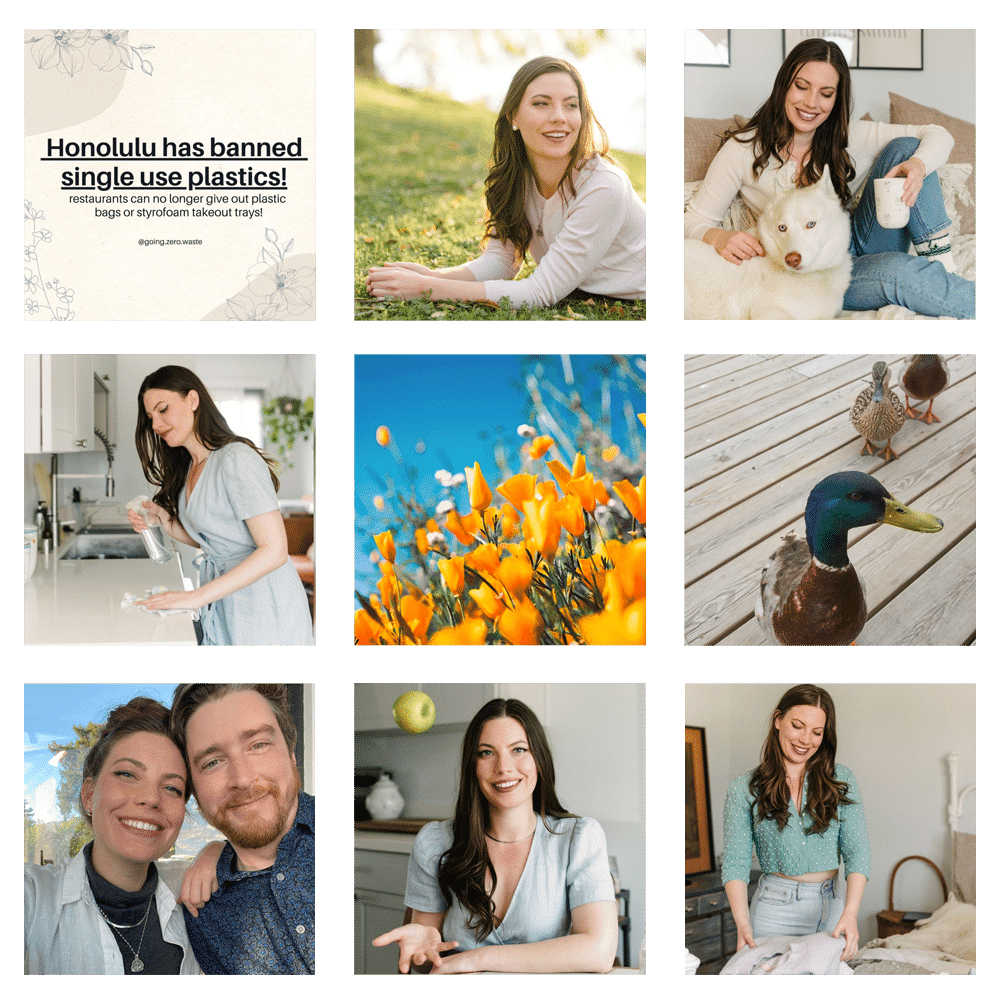
A cost comparison on how much you used to spend on clothes vs now would be nice 🙂
Love your posts!
I like this a lot. A big pain point I have with zero waste is my animals. Especially having a very old dog who has accidents in the house at times and I don’t have a washer/dryer in my building. Using old towels can be hard when they reek of pee and there is no where to put them.
Do you have pet tips?
My mom has an older dog and she uses reusable cloth diapers. I know that doesn’t help a ton with the washing aspect, but similar to cloth diapering rinses them with a bidet hose into the toilet and then keeps them in a pail until washing time.
I’d love a more thorough cost comparison on bulk bin foods and farmers market produce! Those were helpful.
For you it might be cheaper in bulk ..but for us in the American Midwest even though we live in the middle of farmland , plastic wrapped is cheaper than bulk from bins. Its aggravating ! I can get pop corn in a 1lb bag for $1.00 but in bulk its $1.99/lb!! 1lb for .99c for the cornbread in a box with plastic inside but its $2.50 /lb just for the corn meal. rice is $0.80/lb in a large 20lb plastic bag vs $1.99/lb in bulk bin. lots of foods were actually cheaper in Arizona near were produce was grown in Cali and Mexico. We live on a budget of $24,000 -30,000USD we cant afford to buy from the bulk bins or the organic produce or we would have 2/3 less in our carts .. we try our best though to buy in large bulk shelf stable items ,stuff in glass and tin cans we can recycle.
Well, I never give a big thought to zero waste lifestyle, but I think I am doing some of the stuff thats counts into the lifestyle but that’s because of another reason 😉 anyhow thanks for sharing I think I could maintain some 🙂
Really like this post! Sadly our bulk store is generally a bit more pricey than general supermarket bought products however we have found that we can make savings through other eco-friendly zero waste swaps! Thanks for sharing this!
Man, that sign for filberts at $3.98/lb made me envious.
Zero waste is definitely overall cheaper, but a few things I buy are cheaper packaged than from bulk bins (mostly dry goods – flour and sugar in particular.) Luckily, if I’m unable to purchase those unpackaged, I can almost always find them wrapped in paper which usually goes to my compost heap.
But hazelnuts (filberts) for $3.98/lb?! Where do you find that? At the 2 markets near me with bulk bins (one health food/crunchy-type with somewhat higher prices, one a Mexican/Armenian discount market) hazelnuts are always at least $10.99/lb! Those nuts are expensive, man. And of course those are my favorite. Even the farmers’ markets near me have really expensive nuts.